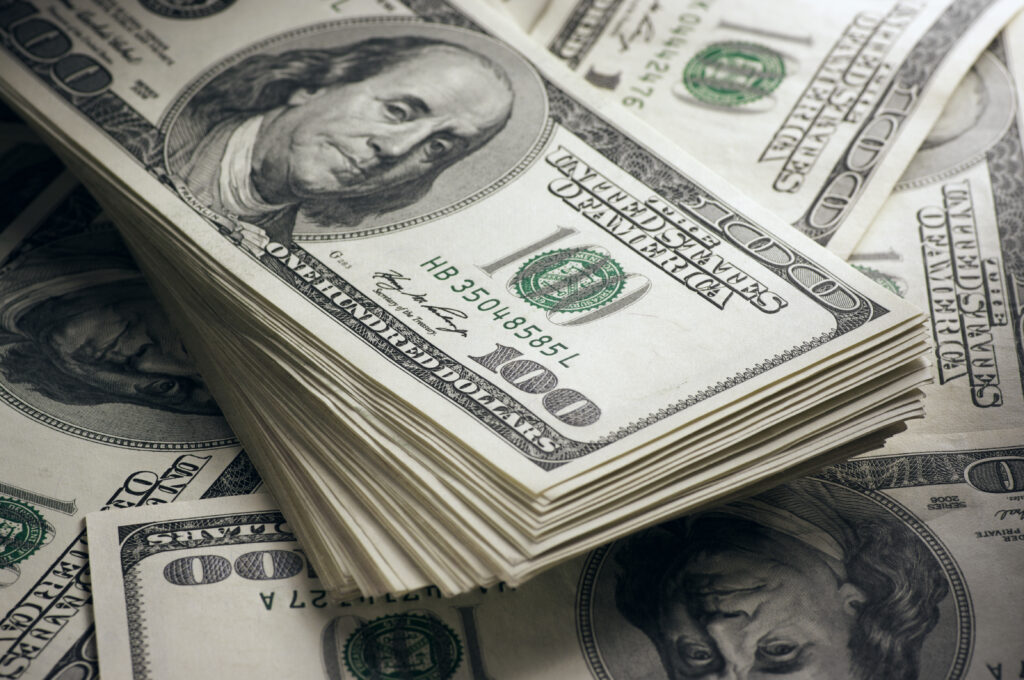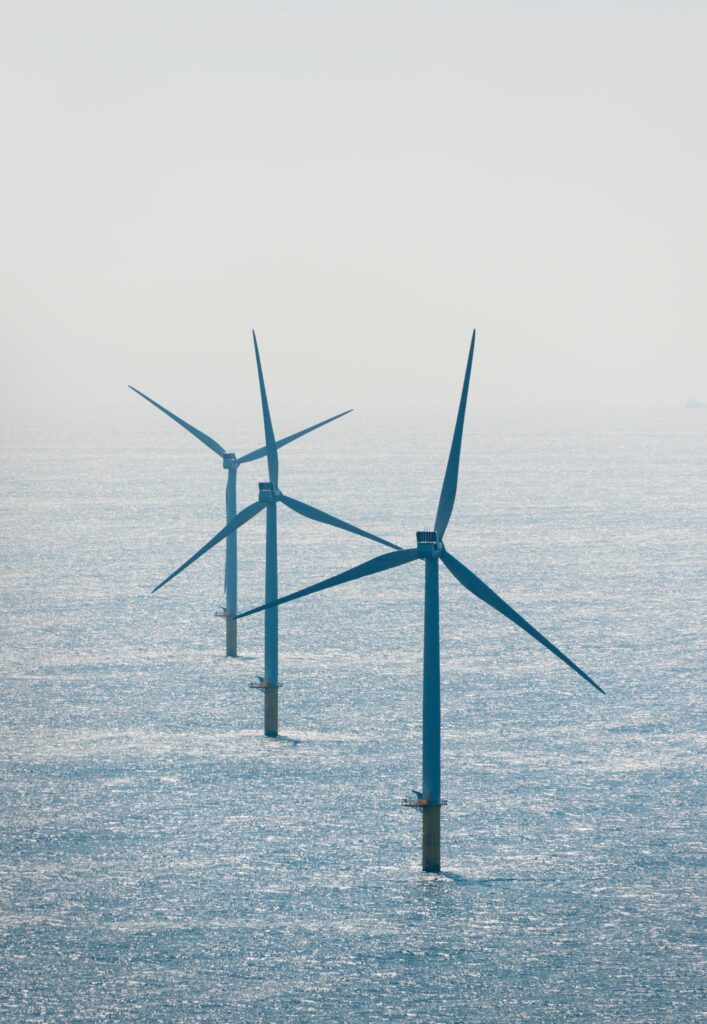Trade tensions cool Vietnam’s inbound M&A, but positive vibe set to stay – Dealspeak APAC
Summary
Growing trade disputes and the ongoing threat of US tariffs are casting a shadow over dealmaking in Vietnam. However, substantial inbound investment is still expected to find its way into the country, experts have told Mergermarket.
While investor sentiment remains fragile, Vietnam has started to see a slowdown in dealmaking activity, beset by macroeconomic uncertainties and sector-specific headwinds, particularly in consumer-driven industries.
“The possible imposition of a 46% tariff has only amplified concerns, prompting both corporate and financial investors to re-evaluate investment theses and recalibrate risk-reward expectations,” says Dinh The Anh, head of corporate finance at KPMG Vietnam.
Over the past four months, overall M&A activity has declined in terms of both deal volume and count, generating USD 1.7bn across 32 deals in 2025 year-to-date (YTD) compared with USD 2.3bn across 38 deals in the same period last year.
Inbound volume has marked an 11% increase YTD, but the count is down to 15 deals worth USD 1.3bn from 17 deals for USD 1.2bn in the same period last year. Thus far in 2025, the US has sealed five deals in Vietnam. In 2024 YTD, Japan and Singapore were the top two acquirors, with five and four deals, respectively, followed by the Malaysia and Thailand, with two deals each.
Trump’s tariff turmoil
Concerns over potentially punitive US tariffs on Vietnam’s export-led economy are likely to temper overseas investor confidence, as diminished price competitiveness could lead to renewed scrutiny of supply chains.
President Trump’s flip-flopping stance on tariffs, with uncertainty set to continue throughout the year, may not freeze dealmaking in Vietnam, but it could continue to induce caution and stall certain transactions, especially in export-dependent sectors, according to experts.
“Uncertainty around tariff levels and their potential reinstatement can make long-term investment decisions and valuations more complex for both buyers and sellers in these segments,” says Seck Yee Chung, a partner at Baker & McKenzie Vietnam.
The threat of steep tariffs adds a clear layer of risk and necessitates a reassessment of investment strategies for some manufacturers, Seck adds. Export-reliant companies might delay expansion or explore strategies to mitigate the impact, such as shifting production of specific goods to other locations or pivoting to domestic and regional markets.
The current environment already exacerbates existing challenges for private-equity (PE) exits in Vietnam. Most PE investors hold minority stakes and rely heavily on trade sales as a primary exit route. However, valuation volatility and timing disparities between fund life cycles and founders’ expectations make exits more complex, according to Dinh.
PE players under pressure to exit as funds mature are finding it harder to bring controlling shareholders to the table – especially as those founders may not feel the same urgency – and can potentially access low-cost local debt to buy back shares or delay transactions, he adds.
“People could pull the plug on deals now or wait until there is clarity on the tariff situation,” says Julien Curtet, a partner at Index Partners. However, he sees local demand remaining strong because purpose-built factories and warehouses continue to develop at pace in the country, and there is still solid demand for Vietnamese products from Europe, China, and the US.
Glimmers of hope
Despite the cautious outlook, Vietnam’s inbound M&A activity retains promise, supported by strong government leadership, economic fundamentals, and supply-chain shifts. This could lead to more selective investment in sectors such as artificial intelligence (AI), fintech, healthcare, education, infrastructure, and renewable energy.
Notable recent deals include the minority stake sale of FPT Long Chau to Malaysia-based PE firm Creador, Nvidia’s acquisition of VinBrain, Qualcomm’s purchase of VinAI, and AEON Financial Service’s USD 169m swoop for Post and Telecommunication Finance completed in February. While US tariff volatility poses challenges and requires greater due diligence, Vietnam’s strong fundamentals and diverse investor interests should sustain deal activity, albeit with more caution towards sensitive sectors, according to Seck.
The established presence and long-term commitments of many Japanese and South Korean investors in the country suggest they are unlikely to be deterred. Instead, there may be a shift in investment focus towards diversification, with ongoing interest in areas such as technology, renewable energy, consumer goods, and infrastructure development, which offer strong growth potential and are less susceptible to international trade policies. Underlying confidence in Vietnam’s long-term growth trajectory and its strategic importance in the Asia-Pacific region are likely to continue to underpin investor sentiment among these key Northeast Asian economies, adds Seck.
Top five Vietnam inbound deals since 2016
| Announced date | Target | Acquiror | Divestor | Deal value (USD bn) |
|---|---|---|---|---|
| 27-Mar-2023 | Vietnam Prosperity Joint Stock Commercial Bank (13%) | Sumitomo Mitsui Financial Group Sumitomo Mitsui Banking |
N/A | 1.5 |
| 28-Apr-2021 | VPBank Finance (49%) | Sumitomo Mitsui Financial Group SMBC Consumer Finance |
Vietnam Prosperity Joint Stock Commercial Bank | 1.4 |
| 29-Apr-2016 | Big C Vietnam (100%) | Central Group of Companies | Casino Guichard-Perrachon SA | 1.1 |
| 18-Jul-2022 | Coca-Cola Indochina (100%) | John Swire & Sons Swire Pacific |
Coca-Cola Co | 1.0 |
| 09-Apr-2025 | Vietnam Biofuels Development (100%) | International Media Acquisition | N/A | 1.0 |
Source: Mergermarket, data correct as at 28-Apr-25












